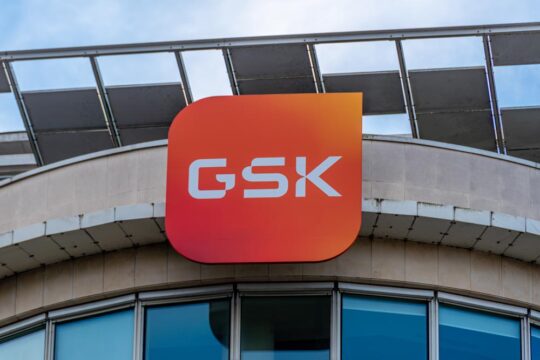Advertisment
BSH 2017: Myeloma XI
Maintenance therapy with lenalidomide can improve PFS in patients with newly-diagnosed MM by almost two years compared with observation alone, in patients of all ages and all risk groups. This key aspect of the Myeloma XI study was …
Dr Charlotte Pawlyn (The Institute of Cancer Research, London), Professor Gordon Cook and Dr Karthik Ramasamy (Oxford University Hospitals) give an update on Myeloma XI results and discuss the implications of the results for the UK.
Maintenance therapy with lenalidomide can improve PFS in patients with newly-diagnosed MM by almost two years compared with observation alone, in patients of all ages and all risk groups. This key aspect of the Myeloma XI study was presented at BSH 2017 by Dr Charlotte Pawlyn.
Myeloma XI was a phase 3, multicentre, open-label, parallel-group, randomised controlled clinical trial which included a total of 1,551 patients with newly-diagnosed MM. Depending on their eligibility patients underwent ASCT or received induction therapy and were then randomised 1:1 at three months post-ASCT or maximum response, to either maintenance therapy with lenalidomide 10mg daily on day 1-21 of 28 or observation. The primary endpoints in the study were PFS and OS.
The median follow-up at the time of Dr Pawlyn’s presentation was 27 months. In the overall analysis median PFS was 36 months in the lenalidomide arm and 18 months in the observation arm (HR 0.45; 95% CI 0.39, 0.52; p<0.0001). In transplant-eligible patients (n=828) median PFS in the lenalidomide arm was 50 months, compared with 28 months in the observation arm (HR 0.47; 95%CI 0.38, 0.60; p<0.0001) – an improvement of 22 months. In non-transplant eligible patients PFS improved from 11 to 24 months (HR 0.42; 95%CI 0.35, 0.51; p<0.0001). An important observation which has generated further research was that the depth of response continued to improve during the maintenance phase, to a greater extent in the lenalidomide arm than in the observation arm (HR 1.74; 95%CI 1.16, 2.60; p<0.0042) – work is currently ongoing to determine whether this improvement in depth of response is reflected also in MRD negativity rates.
Efficacy analyses in pre-specified subgroups showed that lenalidomide maintenance therapy improved PFS in all subgroups, including patients aged over 65 years, patients at ISS stage III, and patients with high-risk cytogenetics. In fact, patients with high-risk cytogenetics who received lenalidomide maintenance therapy had somewhat better PFS than standard-risk patients in the observation arm. In the safety analysis the adverse event profile for lenalidomide was consistent with that described in previous studies, with neutropenia being the most common haematological event. There was a slight increase in the incidence of second primary malignancies (SPM);1 however, in the investigators’ opinion the considerable improvement in PFS outweighed the low risk of developing an SPM.
Interestingly, the duration of therapy was found to have an effect on PFS – patients who stopped lenalidomide treatment for reasons other than progression or death had poorer PFS rates than those who remained on maintenance therapy for longer. Median PFS among patients who were on lenalidomide for less than 12 months was 26 months, compared with 39 months among those who remained on treatment for 12-24 months and 50 months among patients treated for more than 24 months. Again, further research will be needed to uncover the underlying reason for this.
The Myeloma XI PFS results in transplant-eligible patients are consistent with previous study results in this setting. Including the Myeloma XI results in a meta-analysis together with the IFM-2005-02,2 CALGB 1001043 and RV-MM-PI-2094 results yields an overall HR of 0.47 in favour of lenalidomide maintenance therapy over observation (95% CI 0.41, 0.53). The OS results from Myeloma XI have yet to mature but are expected to be presented at this year’s ASCO meeting.
References
- Jones JR, Weinhold N, Chavan SS, et al. The Impact of Maintenance Lenalidomide on the Mutational Status of the Myeloma Clone at Relapse in the NCRI Myeloma XI Trial for Newly Diagnosed Multiple Myeloma Patients (NDMM). Blood 2016;128:4412-4412.
- Attal M, Lauwers-Cances V, Marit G, et al. Lenalidomide maintenance after stem-cell transplantation for multiple myeloma. N Engl J Med 2012;366:1782-91.
- McCarthy PL, Owzar K, Hofmeister CC, et al. Lenalidomide after stem-cell transplantation for multiple myeloma. N Engl J Med 2012;366:1770-81.
- Palumbo A, Cavallo F, Gay F, et al. Autologous transplantation and maintenance therapy in multiple myeloma. N Engl J Med 2014;371:895-905.





